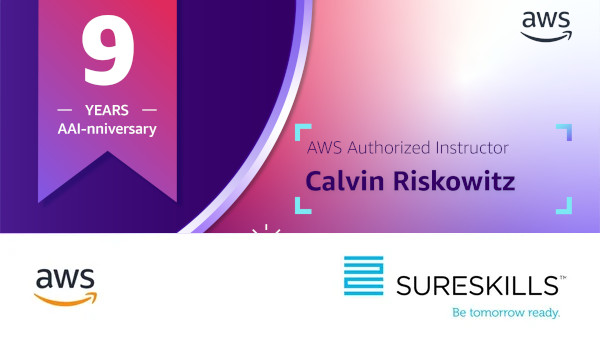.png?width=701&name=Blog-%20VMware%207%20and%20Containers%20(Kubernetes).png)
Containerisation is becoming a major trend in software development as an alternative or companion to virtualization. Very simply put, containerisation involves the encapsulating (packaging) of your software code along with all its dependencies, libraries and binaries so that it can run uniformly and consistently on any infrastructure (be it desktop, laptop, server or virtual environment).
Importantly, containerization allows developers to create and deploy applications faster and more securely. Within a traditional development environment, code is developed in a specific computing environment which, when transferred to a new location, often, results in bugs and errors. Containers solve this age-old problem for application developers; namely how to port their applications from their desktops or laptops to production in a consistent and reliable manner. Inevitably, the developer’s computer is running a different operating system to the production server and/or it has different versions of libraries that the application depends on. Containerization eliminates this problem by "bundling" the application code together with the related configuration files, libraries, and dependencies required for it to run. This single package of software or “container” is abstracted from the host operating system and underlying resources, and hence, it stands alone and becomes portable and as such can run on any platform free of issues (doing away with the "But it works on my computer" problem).
With VMware 7 , one of the major new features (there were many others) was the inclusion of Kubernetes. VSphere now supports Kubernetes natively, so that you can run both VMs and containers on the same platform. Kubernetes is an open-source orchestration system for containers that works in your datacentre, across multiple clouds, or in a hybrid datacentre environment.
While developers and IT operations personnel often need to collaborate on operations such as software deployments and updates - Kubernetes is responsible for automating the building, scaling, and publishing of those applications. Kubernetes breaks down the organizational barriers between developers and IT operations to align both roles behind the common goal of quickly turning ideas and innovations into new software releases and maintainable software updates. A Kubernetes cluster on vSphere uses a vCenter cluster or a resource pool to provision nodes as virtual machines (VMs). The elasticity feature of a vCenter cluster or resource pool helps scale a Kubernetes cluster by adding or deleting VMs for the Kubernetes nodes as required. A Kubernetes cluster running in a VMware software-defined datacentre (or SDDC) gives systems operations insight into resource use as existing monitoring and observability tools are extended to look across the Kubernetes stack.
For those of you wanting a little more information regarding vSphere and Kubernetes, I can recommend this short starter reference document:
SureSkills is an official VMware Solution Provider and VMware Premier VMware Authorised Training Centre (VATC). We not only offer training on VMware7, but we can also help you implement VMware in house and even support your VMware deployment. Talk to us about any (and all) VMware questions you may have.
#SureSkills #VMware #vSphere7 #Kubernetes #SDDC




